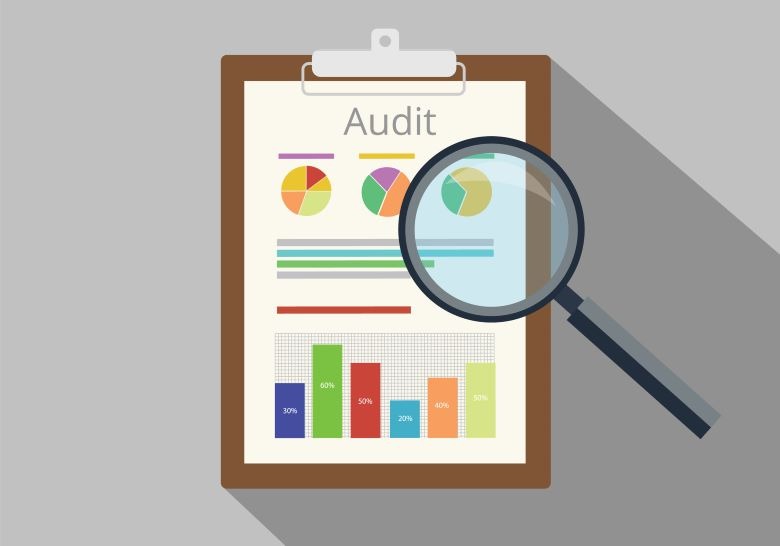
By Vanessa Denha Garmo
From water cooler conversations to team talks, the conversations employees
engage in contribute to creating the company and store culture.
Employees learn how to communicate in the workplace, from bullies in the
backroom and boardroom to supervisors on the floor and leading teams. It often
starts at the top. The business owner, manager – and leader – sets the tone and
contributes to the culture’s communication style.
While working in the communications department for the county government, I noticed a pattern
contributing to a communication disconnect within the organization.
I decided to continue my education in communication and earn my master’s degree.
I wrote my thesis on Bullies in the Workplace. While earning my degree, I
researched and conducted communications audits and quickly realized their value.
A communication audit comprehensively assesses an organization’s
communication practices, strategies, and channels. It aims to identify strengths,
weaknesses, and improvement opportunities to enhance communication
effectiveness and efficiency.
An audit includes the S.W.O.T. Analysis. We outline
Strengths, Weaknesses, Opportunities, and Threats.
It involves evaluating how well an organization communicates internally and
externally, ensuring alignment with business goals and brand image. Conducting a
communications audit can provide valuable insights and help organizations
enhance their messaging strategies.
A company’s communication should flow freely across all lines and departments
when necessary, creating an open and honest culture.
Here are just 7 reasons why you might consider hiring a communications strategist
to conduct a communications audit:
- Assessing Consistency: Communication audits involve assessing how well you
maintain brand communications with all stakeholders. Are you consistent within
the organization and with the outside world? Staff members should know the
company mission and vision and properly communicate it, including the brand. - Identifying Gaps: Audits reveal gaps in your current internal and external
communications. You learn what is not being communicated properly and why. In
an audit, you can learn what messages are missing. - Evaluating Effectiveness: An audit allows you to analyze the most effective
strategies and tactics. With an audit, you can assess the best practices and
implement new ways of sharing information. - Employee Engagement: Regular audits ensure that internal communication
aligns with business goals, enhances employee engagement, and fosters a culture
of transparency and collaboration. - Crafting Consistent Messaging: An audit outlines a roadmap for crafting
straightforward, consistent messaging that resonates with employees. - Improving Content: By evaluating your internal content, you can determine
whether it supports your company’s strategies and business goals. - Strategic Decision-Making: Audits help build strategic thinking and
communication management skills.
Remember, just like financial or performance audits, communication audits are
relevant to organizations of every size and should be conducted regularly to
contribute to overall success.

